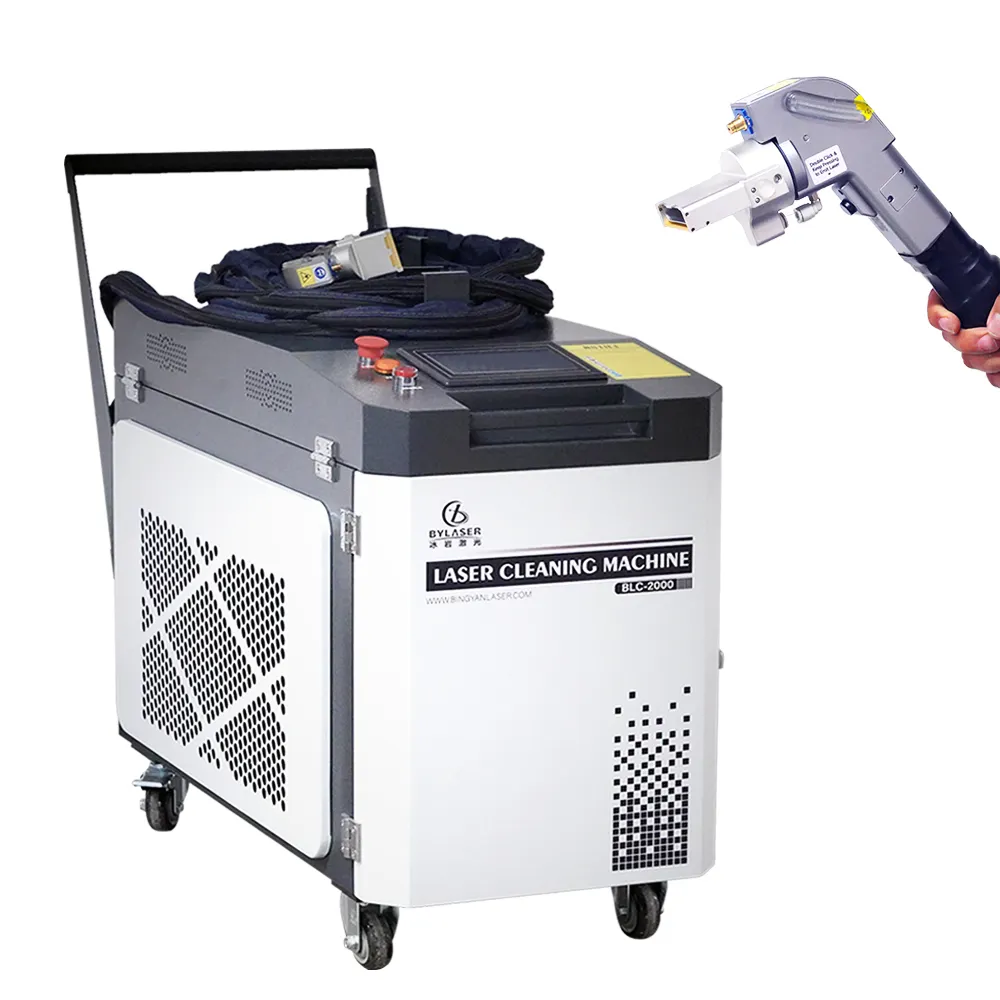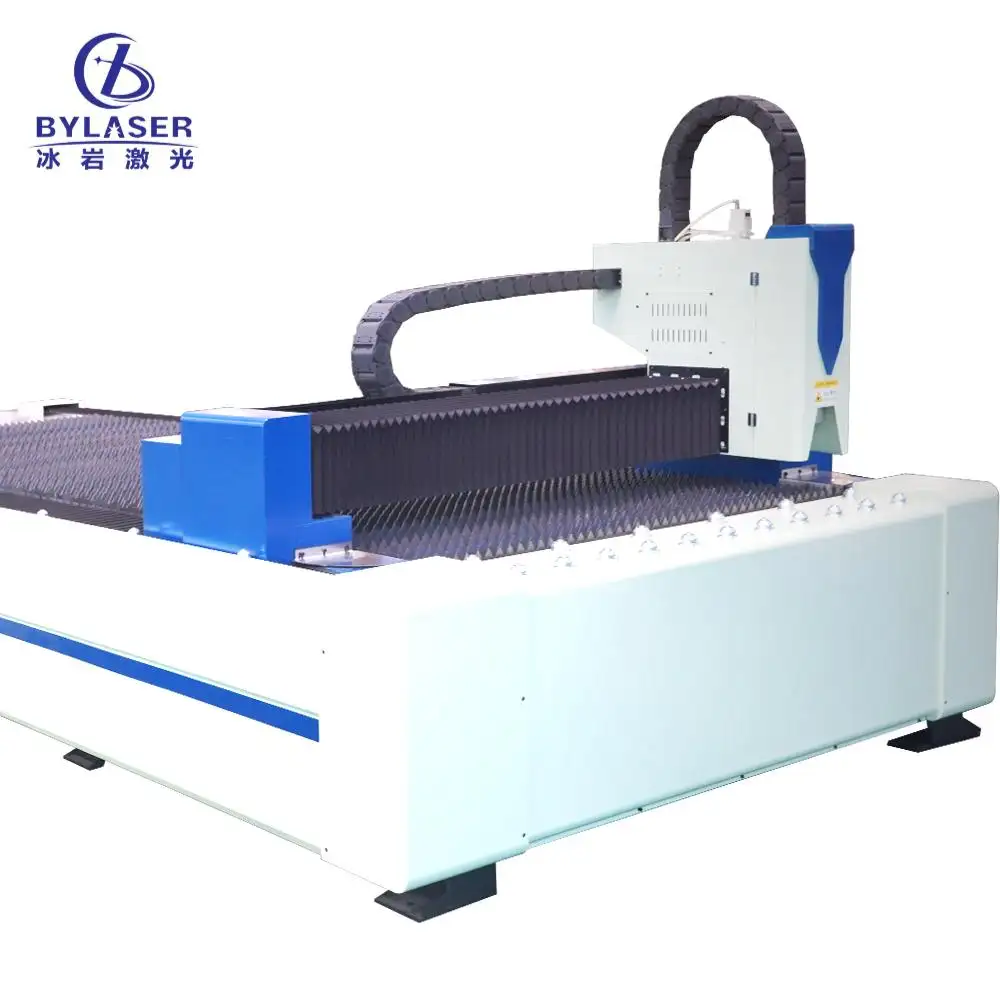laser weld machine price
When considering a laser weld machine price, it's essential to understand the comprehensive value proposition these advanced manufacturing tools offer. Modern laser welding machines typically range from $50,000 to $500,000, depending on their capabilities, power output, and automation features. These machines utilize high-powered laser beams to create precise, strong welds across various materials, including metals, plastics, and composites. The price point reflects sophisticated technology incorporating computer-controlled systems, advanced optical components, and robust safety features. Factors influencing the cost include power output (typically ranging from 200W to 6kW), workspace size, automation level, and additional features such as real-time monitoring systems and quality control capabilities. Many manufacturers offer flexible pricing models, including leasing options and customized solutions based on specific production requirements. The investment considers not just the initial equipment cost but also operational efficiency, maintenance requirements, and long-term reliability. Modern laser welding systems often feature user-friendly interfaces, programmable welding parameters, and compatibility with Industry 4.0 standards, making them valuable assets for manufacturing operations of all sizes.


